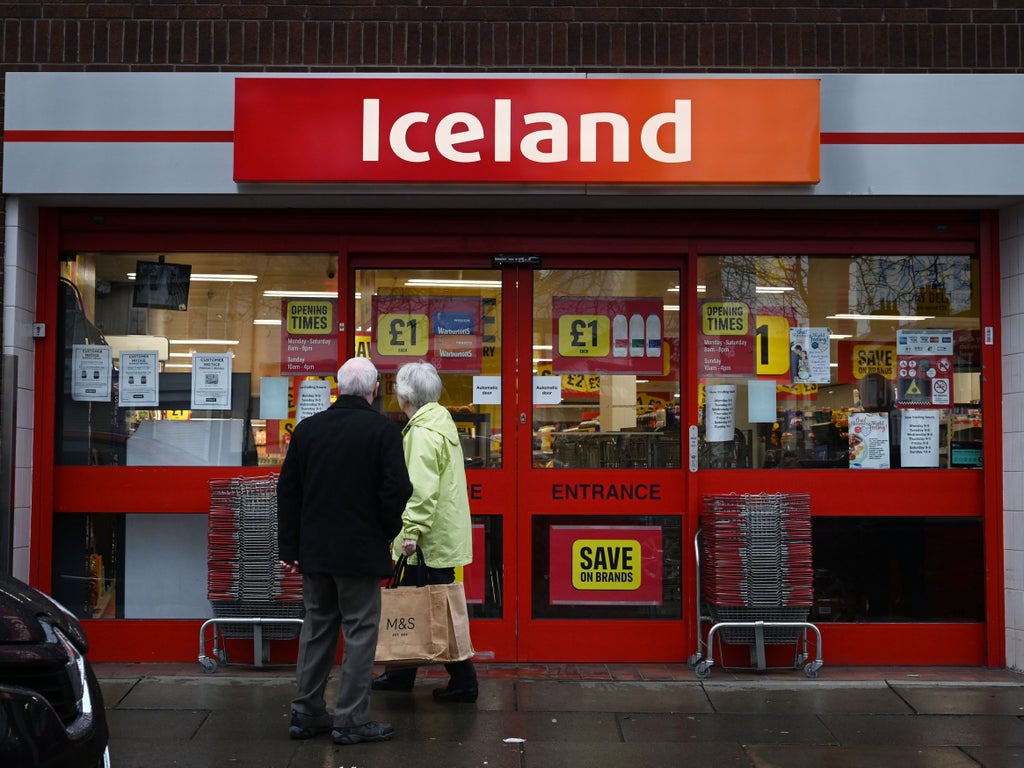
Iceland has reverted to using palm oil in its own-label food as the price of sunflower oil has rocketed by 1,000 per cent since the start of the war in Ukraine.
The supermarket committed to eliminating palm oil from its products in 2018, using sunflower oil in its place. But disruption in the supply chain due to Russia’s invasion of Ukraine has made sunflower oil “totally unobtainable”, Iceland’s managing director Richard Walker wrote in a blog.
Walker said that the frozen food retailer’s decision was made “with regret”, but the only other alternative would have been to “clear our freezers and shelves of a wide range of staples”.
Iceland gained huge publicity when it launched a TV advert with Greenpeace in 2018 to promote its removal of the controversial ingredient in its own-label products.
From June, a “limited range” of products that contain palm oil in the list of ingredients will begin appearing in Iceland stores.
Walker said that while the retailer has agreed to use certified sustainable palm oil to replace sunflower oil, he has not “changed my mind about palm oil” and insisted it was a “strictly temporary move”.
Around 70 per cent of global sunflower oil supplies come from Russia and Ukraine, but the war has placed major pressure on the region that supplies it.
The conflict is also driving huge increases in global energy and commodity prices, as well as food prices as wheat, fertiliser and fish supplies suffer hits.
Industry leaders warned this week that households face months of sharp increases in food prices and that shelves will become emptier as the war in Ukraine continues.
“This is a serious emergency and one that requires tough choices and compromises if we are to achieve our prime objective of continuing to feed the nation,” Walker wrote, adding that the “unprecedented pressures” on global supply chains will affect “those on tight budgets” the worst.
“In the long term, we remain very much committed to keeping the Iceland own-label range free of palm oil ingredients and will revert to using sunflower oil as soon as the supply situation stabilises and it becomes practical to do so,” he said.
Palm oil has been linked to major deforestation, particularly in Indonesia and Malaysia, which are responsible for more than 85 per cent of global supply.







